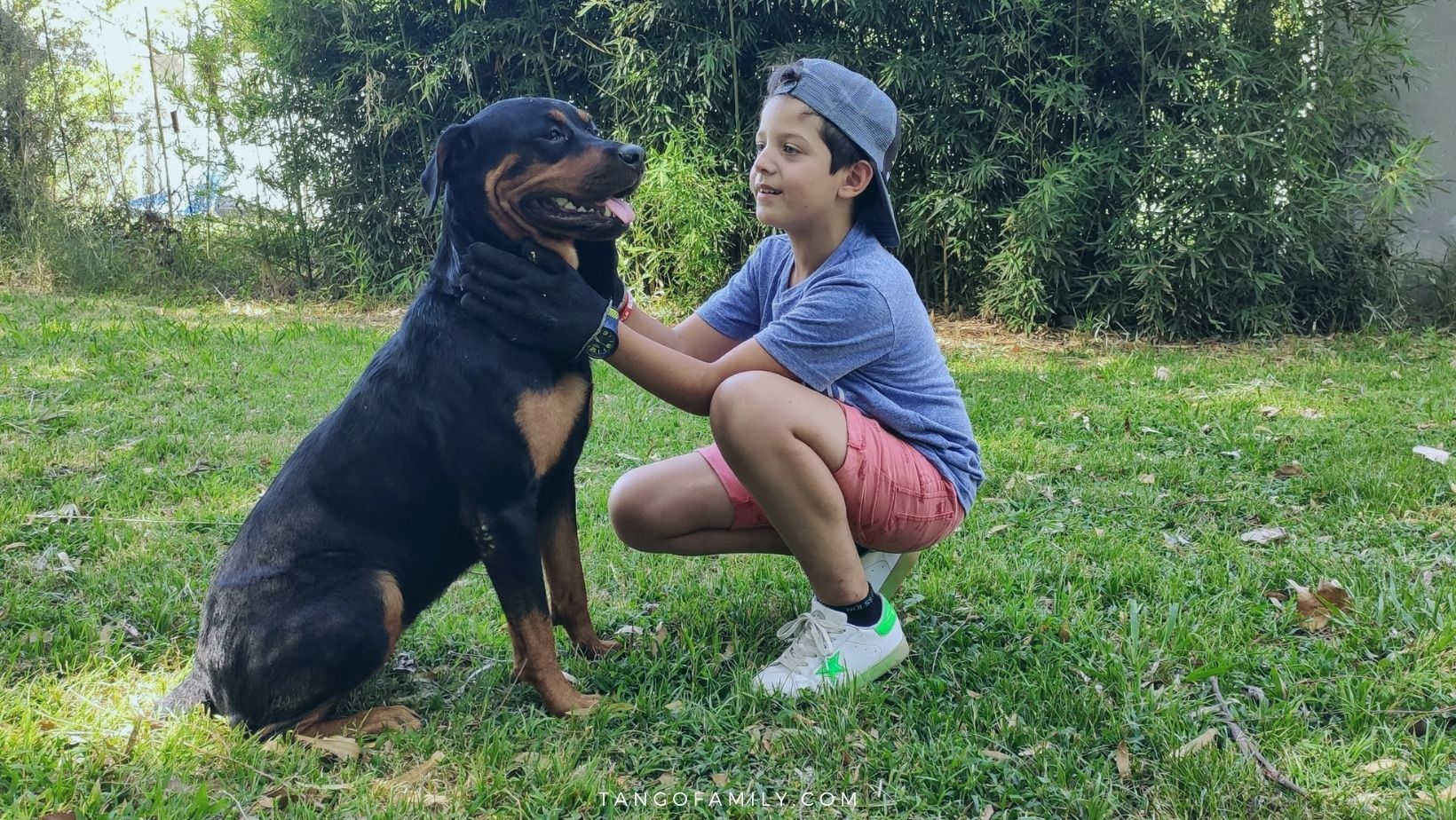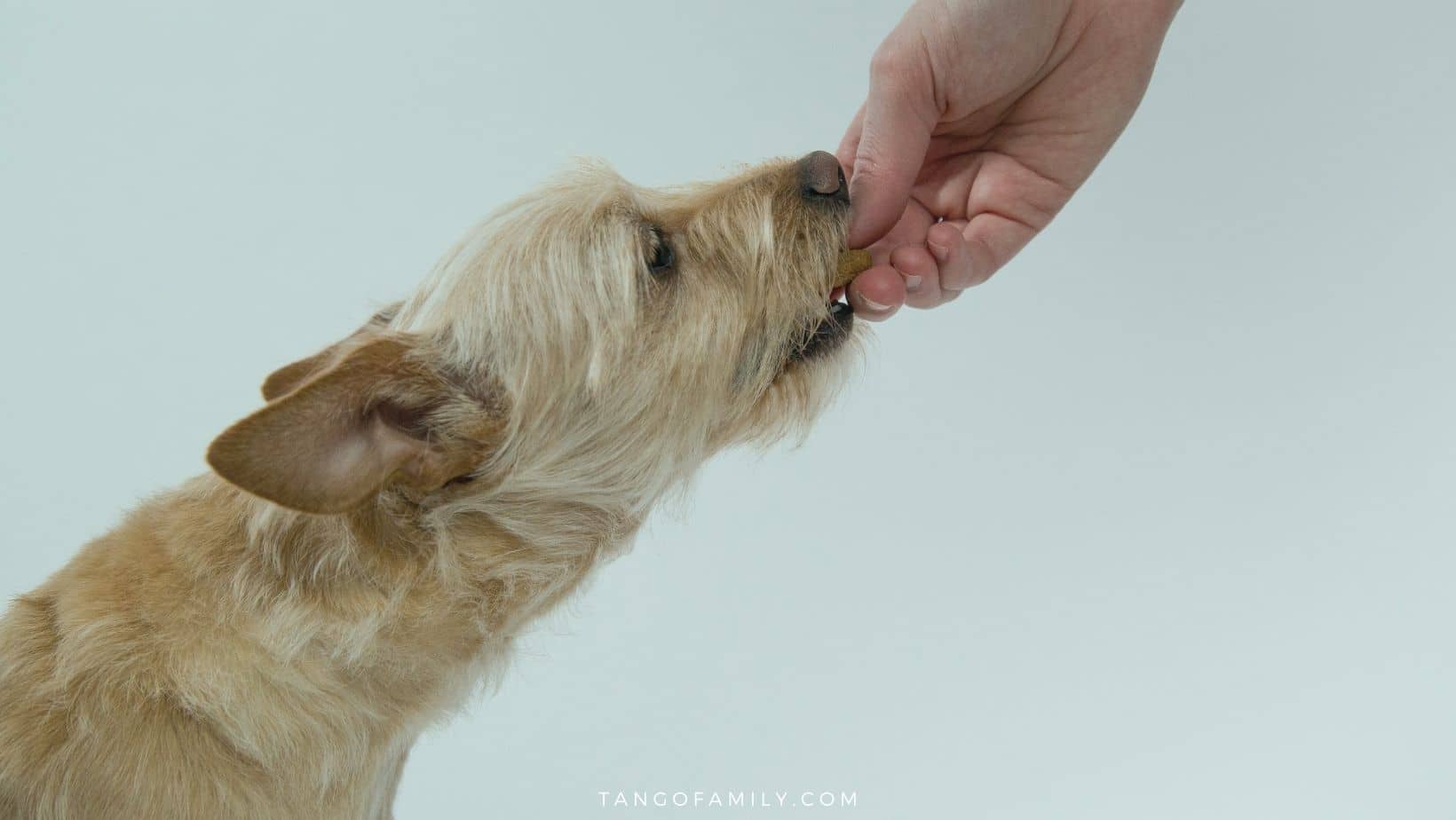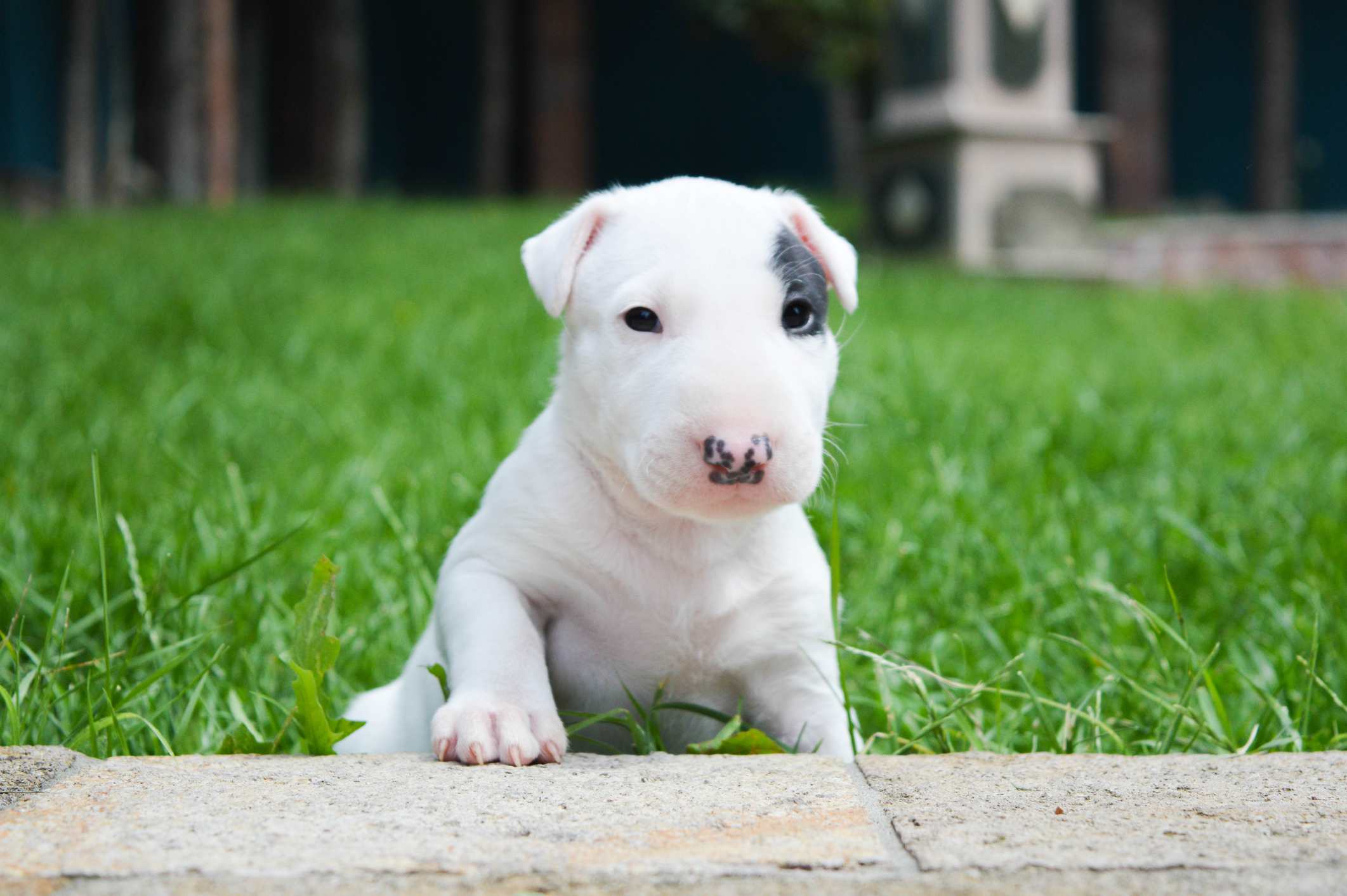If you own a dog, you might be curious whether sharing your favorite treats, such as Caramel, with your furry companion is safe. However, it’s crucial to be cautious when it comes to the foods your dog consumes.
While Caramel is a sweet and tasty treat that humans enjoy, it may not be safe for your furry friend. Before you give your dog Caramel, it’s important to consider the potential risks and benefits associated with this treat.
In this article, we will share a guide, so stick to your sofa and keep reading!
Is Caramel Safe for Dogs?
It is not advisable to give dogs Caramel or any sugary treat. Caramel is mainly composed of sugar, butter, and cream, and some types may also have added flavors and colors.
Even though a small quantity may not cause immediate harm, it is not appropriate to incorporate it into your dog’s everyday diet.
Potential Risks of Dogs Consuming Caramel:
While small amounts of Caramel may not be immediately harmful to dogs, it is not a natural part of their diet and can cause health issues if consumed regularly or in large quantities. It’s important to limit their intake and stick to foods that are specifically designed for their nutritional needs.
- Digestive Upset: Our furry friends have a different digestive system than we do and may not be able to handle some of the foods we can. For example, Caramel may cause stomach issues like discomfort, diarrhea, and vomiting in dogs. So it’s best to avoid giving them any treats with Caramel in it.
- Obesity: If given regularly, Caramel and other sugary treats can be high in calories and cause weight gain in dogs. This can lead to various health problems, such as joint issues, heart conditions, and diabetes. It’s important to monitor your dog’s diet and limit their intake of high-calorie foods.
- Dental Problems: Caramel’s high sugar content can cause dental problems in dogs, including tooth decay and gum disease.
- Xylitol: It’s important to note that certain caramel products may have xylitol, a sugar substitute that is extremely harmful to dogs. Even tiny amounts of xylitol can trigger an abrupt insulin release in a dog’s system, which can cause hypoglycemia (low blood sugar) and put their life at risk.
- Allergic Reactions: It is possible that some dogs may have a sensitivity to certain ingredients found in caramel or dairy products, which may cause allergic reactions such as itching, hives, or digestive issues.
Can Dogs Eat Caramel Popcorn?
Popcorn coated in sugary caramel glaze is even more dangerous for dogs. Not only does it pose risks associated with caramel consumption, but it could also present additional hazards. The popcorn itself could pose a choking risk for dogs, and the added flavors and colors in some caramel popcorn products could be potentially harmful. It is best to avoid giving caramel popcorn to your furry friend.
What to Do if Your Dog Ate Caramel:
If your dog has consumed Caramel, here’s what you should do:
Remain Calm: It’s crucial to stay composed and not become overwhelmed. Evaluate the situation and determine how much Caramel your dog consumed and if there were any harmful ingredients present, such as xylitol.
Check for Xylitol: If the Caramel includes xylitol, a sugar substitute that is toxic to dogs, take immediate action. Xylitol can cause hypoglycemia (low blood sugar) by quickly releasing insulin, which can be life-threatening. Check the caramel product or packaging for xylitol in the ingredient list.
Observe Your Dog: Keep a close eye on your dog for any signs of distress or unusual behavior. Look out for symptoms such as vomiting, diarrhea, excessive drooling, restlessness, weakness, lethargy, trembling, or difficulty walking.
Contact Your Veterinarian: If you suspect that your dog has consumed a significant amount of Caramel, particularly if it contains xylitol, contact your veterinarian immediately. They can provide direction based on your dog’s size, the amount ingested, and any possible risks connected with the Caramel or other ingredients.
Do Not Induce Vomiting Without Veterinary Guidance: While vomiting may be suitable in some circumstances, it’s crucial to seek advice from your veterinarian before doing so. Vomiting may not be safe or effective if your dog has eaten certain ingredients, and it may worsen the situation.
Provide Water: Give your dog access to clean water to keep them hydrated, particularly if they experience vomiting or diarrhea.
Avoid Caramel and Human Treats: Following the event, refrain from feeding your dog caramel and other human treats. Stick to a well-balanced and appropriate diet for dogs, and only offer treats that are specifically intended for canine consumption.
Final Thought:
It’s tempting to share Caramel with your furry friend, but it’s important to avoid doing so. Caramel can cause digestive issues, dental problems, and even obesity, xylitol toxicity, and allergic reactions in dogs. For your dog’s safety, stick to treats that are specifically made for them, and check with your vet for safe alternatives. Remember, a healthy diet and exercise are key to your dog’s well-being, so prioritize their health when sharing human food.





